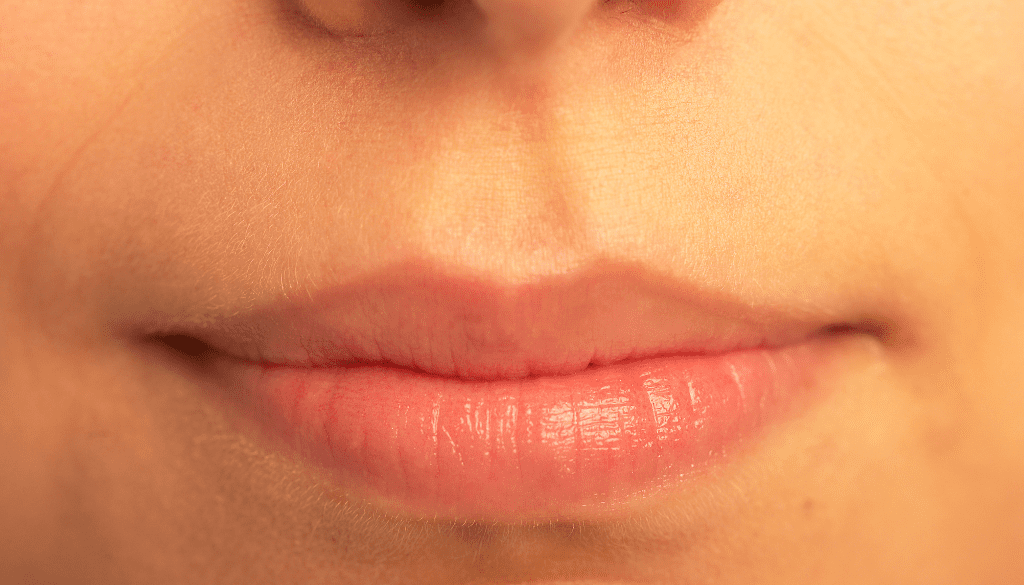The subject of trembling lips on flute comes up every now and again. It’s an issue that definitely needs to be addressed since it hampers tone and stability of the instrument. And, it’s kind of annoying when you’re trying to convey a musical message to those listening. So, what to do about it?
Shaking, trembling lips usually come from one of two sources for flutists. The first being a nervous, tense player. The more rigid, taut, or stretched firmly the lips are, the more likely this precarious this situation will appear.
Many players assume that tone is formed from the air stream only, and that the other parts of their body don’t aid in production. On the contrary, many different body parts are utilized simultaneously while playing the flute. This article just touches on a few that make a big difference when trembling lips are at hand.
Are they tight and pulled back towards the ears?
I demonstrate and show-and-tell the best ways to keep these shakes out of your playing within the lesson modules on my website LearnFluteOnline.com at the appropriate stages of development. But, reading this article can give a little peek inside what needs to happen to have a nice, even, relaxed sound on the flute.
It’s important to think of the bottom lip as a major facilitator in tone production, and not just the top lip as many people think. If you can get your bottom lip to relax so that it is lying relaxed and mushy all over the entire backside of the lip plate, you’ll have a much, much better time keeping the shakes at bay even when nervous moments arise.
Also, it’s a great time to focus on your cheek muscles. Are they tight and pulled back towards the ears? If so, you’re a prime candidate for quivery sound when you play your flute. Relax. Relax. Relax
The second reason one might find trembling lips on flute would be that of a more ‘mature’ age. I teach students of all ages, from 2 and well up into the 80’s and 90’s even. One thing I have noticed is that some mature adults tend to have quivering muscles at different ages. It’s not exactly a disease, but it just is happening. I do feel that the muscles (in the face) haven’t been developed properly for flute playing over the younger years, and that creates a definite problem when the oldest years arrive.
I’m not sure on the science of this exactly. Some people tremble at age 60, and others not until 95. In my experience as a teacher, I’ve found that there isn’t an easy fix. But, well-matured adults can still have a grand old time learning how to play the flute as a super fun hobby. Everyone can learn to play the flute!




I’m getting very disconsolate trying to find a way around or through trembling lips and jaw—yes, age is a factor, and probably some overuse on top of that (maybe if I work harder…). Neurologist doesn’t have a clue, since nothing showed up on mri. Then it occurred to me to ask someone like you—and hooray! You have already been asked by another aging player. There is an improvement with relaxed embouchure! It may take the rest of my life to figure the whole thing out, including getting intonation back on track, but I have a concept to work toward. Thank you!
Mary, I’m so glad you found this article and that it has been helpful for you. Hearing stories like yours helps me remember the importance of sharing the questions that other students ask. It is one of those things that takes a lot of relearning and practice. But you can do it! Let me know if there is anything else I can do to help you. Best! -Rebecca
I just turned 70 and have been experiencing quivering lips for awhile. It’s very frustrating when you’ve enjoyed a successful flute career playing 60 yrs. It took lots of analyzing and experimentation to figure out what was wrong. Thanks for confirming what I was thinking, that aging probably has something to do with it. It’s heartbreaking to lose one’s confidence to perform. I’m still going to look for ways to find joy when I play because it’s such a part of who I am!
Hi Joyce, yes this can happen over time. I don’t think anyone knows exactly why lips can tremble with age, but I know that you can definitely still have a ton of fun with music. You can always take up the Recorder or the Irish Whistle (I’ll help you!) because the problem won’t be present so much with a mouth piece type of an instrument. You’re awesome – keep it up! And, come join us in the member’s area – we’re having so much fun and could use your playing abilities in our Ensembles etc. Click the “Get Started Now” button on this website for an invitation in. Hope to see you soon if you’re not already in there! Rebecca
Pingback: What to do About Sweaty, Slippery Lip When Playing Flute - Learn Flute Online: Flute Lessons for Learning Beautifully and Fast.
Thanks a bunch, this really gives me some clearance, and easy solutions